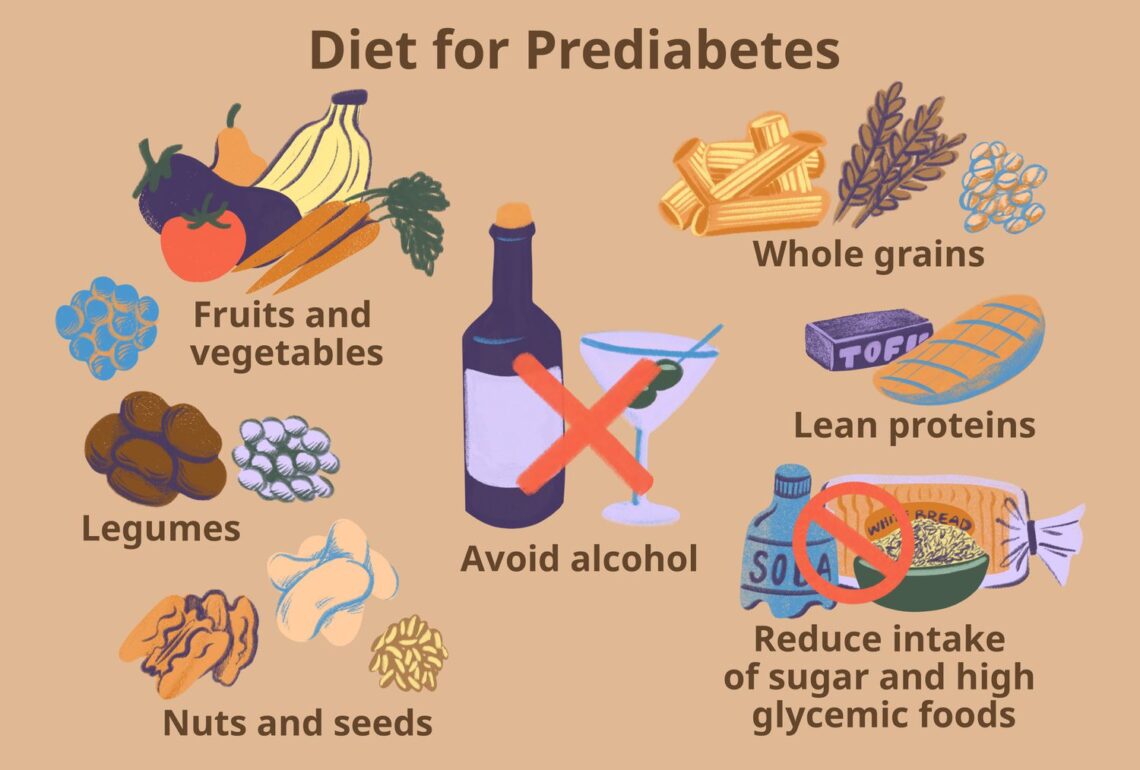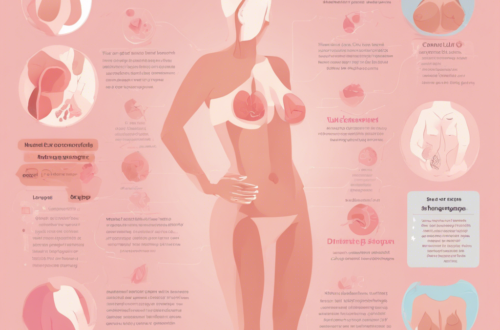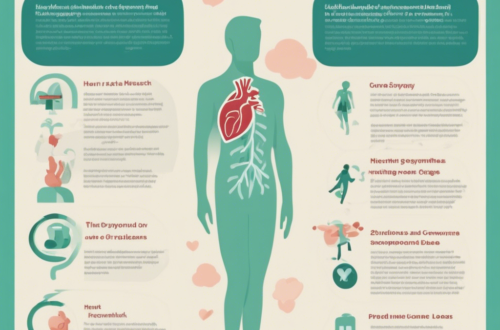Introduction
Overview of Diabetes
Diabetes is a chronic condition affecting the body’s ability to process glucose, leading to high blood sugar levels. It requires careful management to prevent complications. Understanding this disease is crucial for effective care.
Importance of Diet in Managing Diabetes
Diet plays a foundational role in managing diabetes, as what one eats directly impacts blood sugar levels. Choosing nutritious foods helps promote stable glucose levels and overall health. A well-planned diet can make a significant difference in diabetes management.
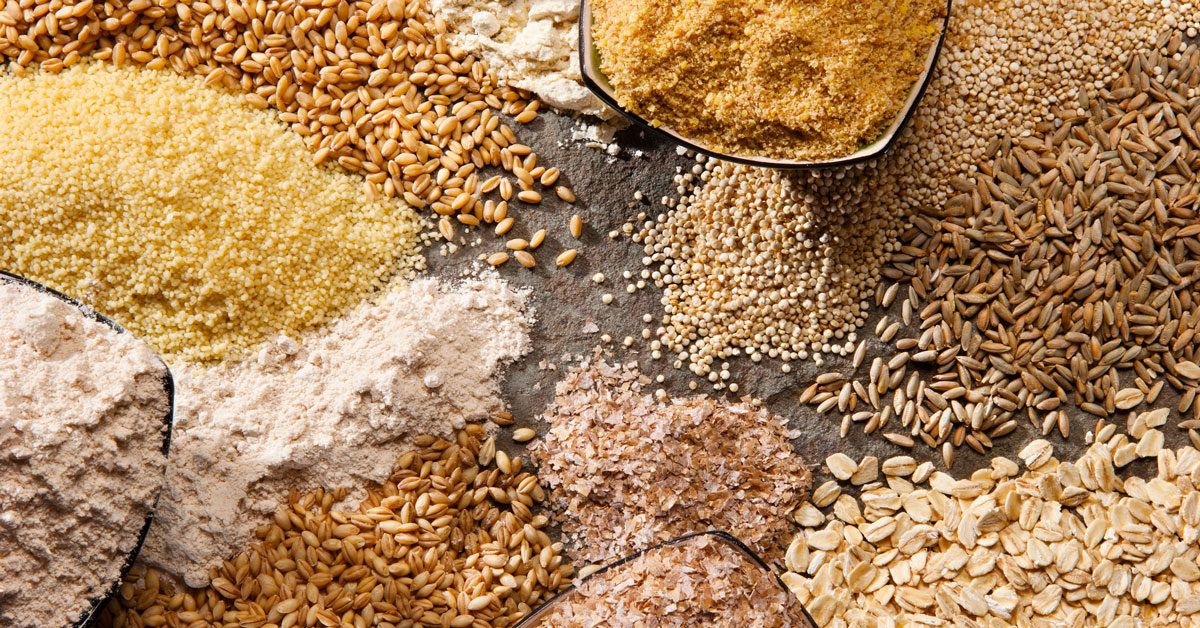
Whole Grains
Benefits of Whole Grains
Whole grains are a vital component for managing diabetes. They are rich in fiber, which slows down digestion, preventing sudden spikes in blood sugar levels. Additionally, their lower glycemic index offers lesser impacts on glucose levels, helping individuals maintain a stable blood sugar over time. This aspect contributes to feeling fuller for longer, making whole grains an excellent choice for health-conscious diets.
Examples of Whole Grains
There are various whole grains that diabetics can include in their diet. For example, brown rice, bulgur wheat, buckwheat, oats, barley, and quinoa are all fantastic options. These grains not only provide essential nutrients but also serve as delicious, versatile bases for meals. Incorporating a variety of these grains can enhance overall nutrition and promote healthy blood sugar levels.

Green Leafy Vegetables
Nutrient Content of Green Leafy Vegetables
Green leafy vegetables, like spinach and kale, are nutrient-dense, low in calories, and rich in vitamins and minerals. They provide significant amounts of dietary fiber and vitamin C, which boasts antioxidant properties that can promote overall health. Including these vegetables in daily meals is an effective way to support a diabetes-friendly diet while enjoying their delicious flavors.
Impact on Blood Sugar Levels
The low carbohydrate content of green leafy vegetables means they have minimal effects on blood sugar levels, making them ideal for diabetics. Their high fiber content aids in digestion and helps control glucose levels. Thus, adding these nutritious veggies to meals can help maintain stable blood sugar and support long-term health management.
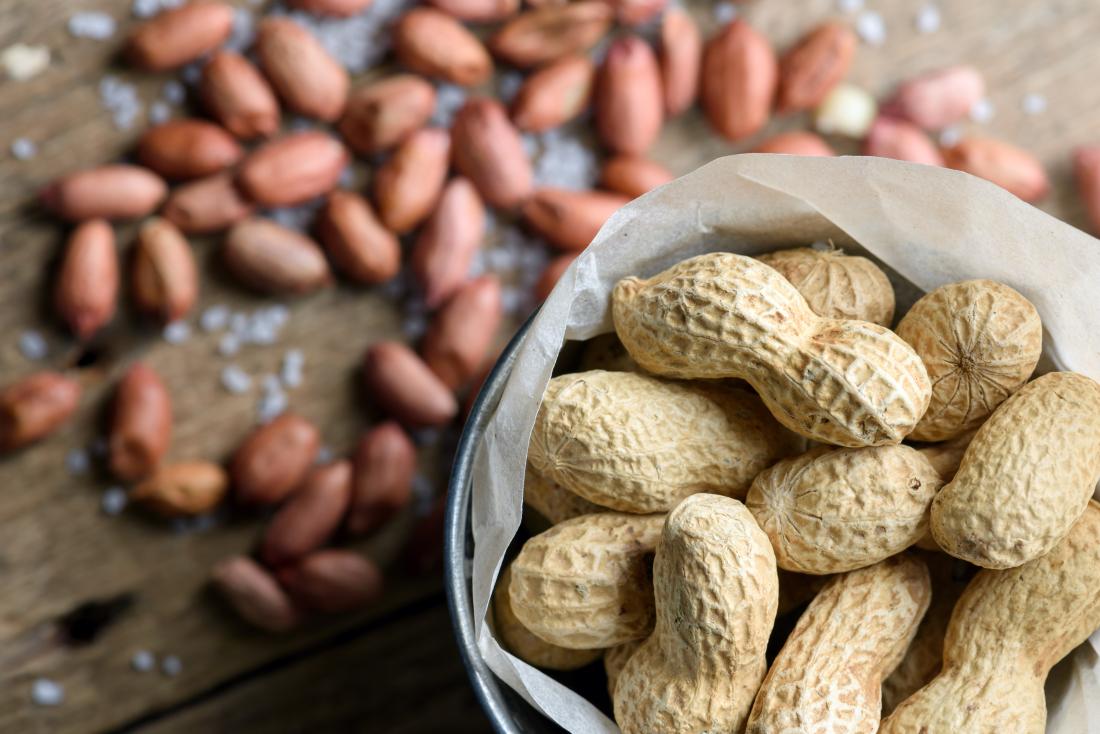
Nuts
Role of Nuts in Improving Blood Sugar Levels
Nuts, such as walnuts, almonds, hazelnuts, and pistachios, play an essential role in managing blood sugar levels for individuals with type 2 diabetes. These nutrient-rich snacks are known to reduce inflammation and lower blood sugar levels, including the important HbA1c marker, which indicates long-term blood sugar control. Regular consumption of nuts can contribute positively to a diabetes management plan.
Heart Health Benefits
In addition to their blood sugar benefits, nuts are heart-healthy. They help lower harmful LDL cholesterol, supporting cardiovascular health. For example, pistachios contain glucagon-like peptide, which further reduces glucose levels, making them a perfect food choice for diabetics looking to improve both their blood sugar and heart health.

Greek Yogurt
Nutritional Profile of Greek Yogurt
Greek yogurt is not only rich in protein but also in calcium and probiotics. With only 6 to 8 grams of carbohydrates per serving, it outshines conventional yogurt, making it a smart choice for those managing diabetes. The special fat it contains, conjugated linoleic acid, aids in satiety, helping individuals control their overall food intake.
Effect on Blood Sugar
The low glycemic index of Greek yogurt means it has minimal impact on blood sugar levels. Its high protein and fat content can lead to sustained fullness, reducing the risk of blood sugar spikes after meals. Integrating this nutritious food into a balanced diet is beneficial for diabetic individuals seeking to maintain stable glucose levels while enjoying tasty options.
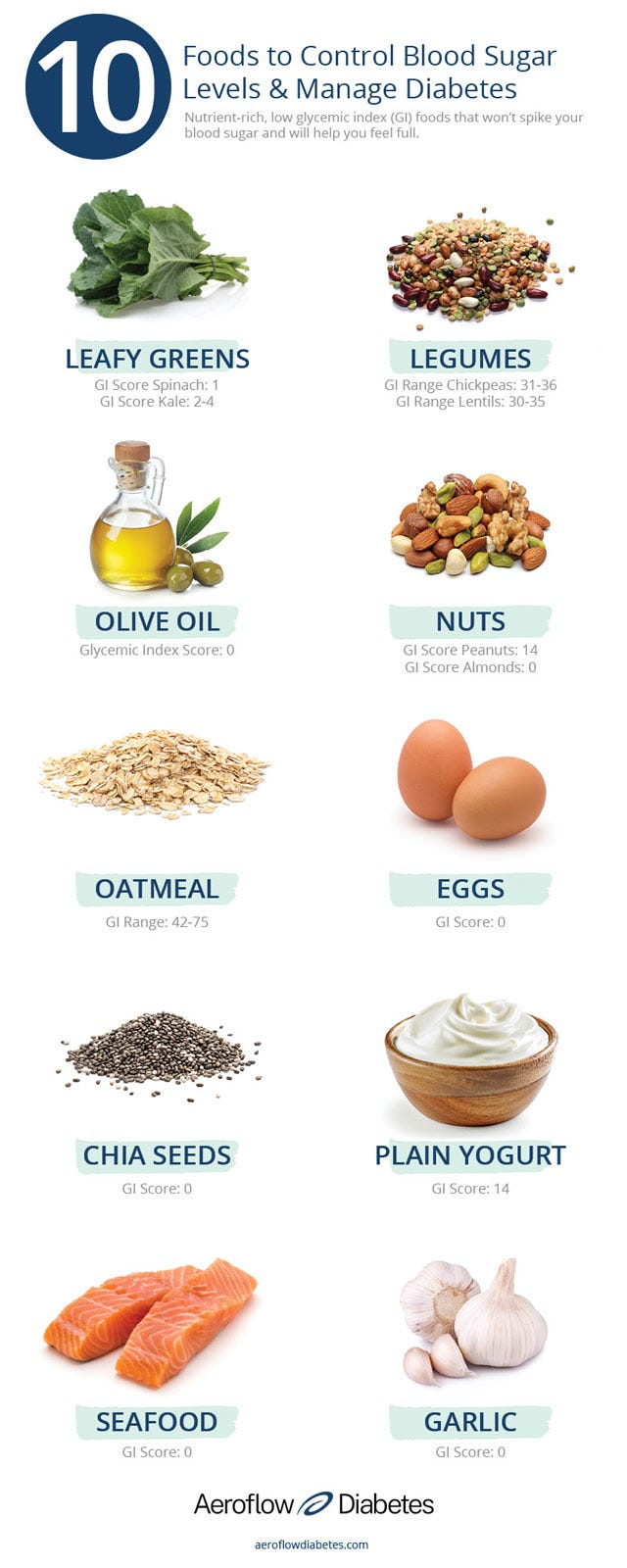
:max_bytes(150000):strip_icc()/VWH-JessicaOlah-DietforPrediabetes-Standard-0834f1eab8884c08890c446ff0ab3c52.jpg) Source: www.verywellhealth.com
Source: www.verywellhealth.comGarlic
Nutrients in Garlic
Garlic is packed with essential nutrients like manganese, vitamin B6, vitamin C, selenium, and dietary fibers. These nutrients enhance its health benefits, making it an excellent addition to a diabetic diet.
Impact on Glycemic Status
Incorporating garlic into meals can significantly improve glycemic control. It helps lower blood sugar levels, reduces inflammation, and lowers LDL cholesterol, contributing to better overall health for those managing diabetes.

Cinnamon
Effects of Cinnamon on Insulin Release
Cinnamon has a remarkable ability to enhance the release of insulin and improve the signaling of insulin receptors. This action can aid in better management of blood sugar levels, making it a valuable ally for individuals with diabetes.
Antioxidant Properties
Additionally, cinnamon is a powerful antioxidant that helps in preventing complications associated with diabetes. By reducing oxidative stress, it plays a supportive role in maintaining healthy blood sugar levels, further contributing to a balanced diet for those managing diabetes.
:max_bytes(150000):strip_icc()/apple-cider-vinegar_annotated-efa1261a10684527a9aed559fa78cb58.jpg)
Apple Cider Vinegar
Production Process of Apple Cider Vinegar
Apple cider vinegar is made by fermenting apple juice, during which the sugars transform into acetic acid. This simple yet effective process results in a product packed with health benefits, particularly for those with diabetes.
Impact on Blood Glucose Levels
Research shows that apple cider vinegar can improve insulin function and lower blood glucose levels. Incorporating it into meals may help stabilize blood sugar spikes, making it a useful addition to a diabetes-friendly diet.
